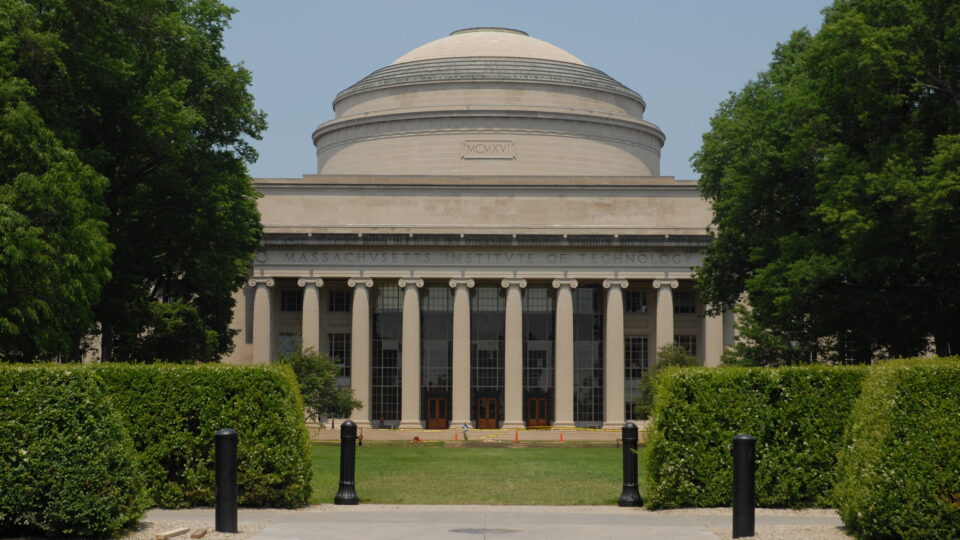The Paris Agreement is a legally binding international treaty on climate change adopted at the UN Climate Change Conference in 2015. Its goal is to strengthen the global response to climate change by committing to limit the rise in global average temperature to well below 2°C above pre-industrial levels, and pursue efforts to limit that increase to just 1.5°C.
Achieving the goals of the Paris Agreement requires reaching net-zero carbon dioxide emissions by or around 2050, as well as deep reductions in methane and other emissions.
According to a new study by researchers from Simon Fraser University in Canada, reductions in methane emissions are needed urgently if we are to meet the goals of the Paris Agreement. The study, which was recently published in the journal Nature’s Communications Earth & Environment, suggests that global warming levels could be kept below 2°C if methane mitigation efforts are initiated globally before 2030. However, delaying methane mitigation to the year 2040 or beyond would increase the risk of exceeding 2°C, even if net-zero carbon dioxide emissions were achieved.
Methane is a potent greenhouse gas, second only to carbon dioxide in contributing to global temperature increases over the last two centuries. However, methane is known to warm the planet 86 times more effectively than carbon dioxide over a 20-year period.
During the past 40 years, more than 60% of global methane emissions have been produced as a result of human activities, such as fossil fuel exploitation, livestock production, and waste from landfills.
**********
Web Links
Delaying methane mitigation increases risk of breaching Paris Agreement climate goal, study finds
Photo, posted July 22, 2011, courtesy of Steven W. via Flickr.
Earth Wise is a production of WAMC Northeast Public Radio







